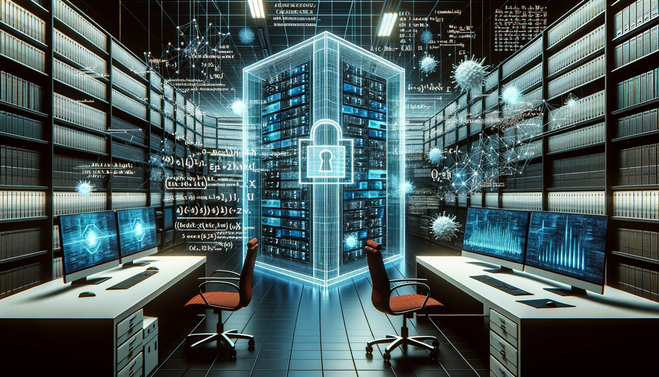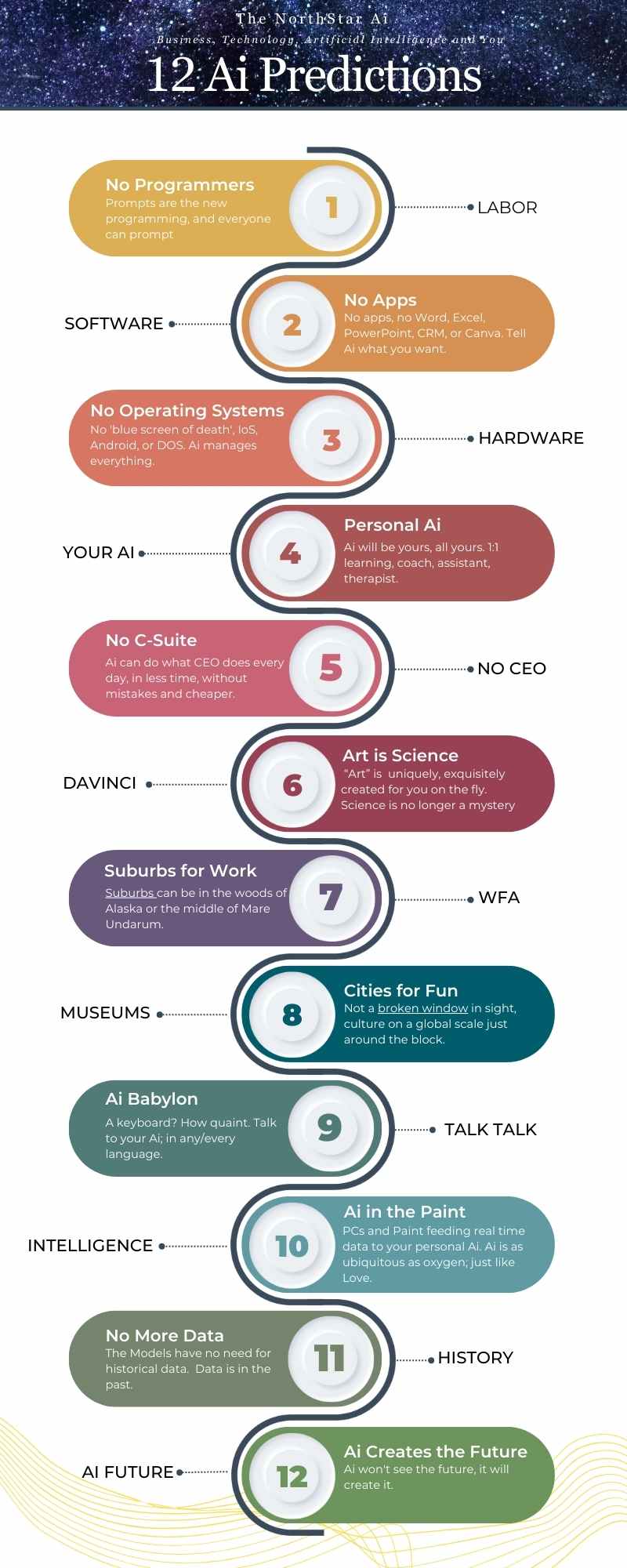|
Office Technology: Where Your Firewall Might Just Be the Next Line of Fire.
AI's capabilities in cybersecurity aren't solely confined to the offensive. As highlighted by Computer.org, AI-driven tools are pivotal in proactively identifying vulnerabilities, predicting threats, and automating responses. They can sift through massive data troves, detect anomalies, and fortify defenses in real-time. Yet, herein lies the ethical quandary: as AI systems become more autonomous, who bears the responsibility when they falter? Can we, as a society, reconcile with the idea of machines making life-altering decisions on our behalf?
AI is not just a tool for the attackers; it's also a weapon for the defenders. A report by the IEEE Computer Society highlights that AI can automate repetitive, time-consuming tasks and can be used for predictive analytics, powerful encryption, and network monitoring. However, the same technology that can fortify a network can also be used to exploit it. AI provides cybercriminals with an autonomous toolkit to hack systems and hide their tracks quickly.
As AI becomes an integral part of office technology, the ethical implications are manifold. Who is responsible when an AI system fails to prevent a cyberattack? Is it the programmers who coded the AI, the cybersecurity team that implemented it, or the executives who approved its use? The ethical implications are as complex as the technology itself.
The time to act is now. Companies need to invest in AI platforms designed specifically for cybersecurity use cases and create feedback loops between AI and human analysts for continuous enhancement. So, what's your next move? Will you be the predator or the prey in this digital ecosystem? It's time to act. Companies need to invest in AI platforms designed specifically for cybersecurity use cases and create feedback loops between AI and human analysts for continuous enhancement.
I challenge you to think deeply about the ethical dimensions of AI in cybersecurity. Are we prepared to wield this double-edged sword responsibly?
But let's not stop there. The integration of AI into cybersecurity also raises questions about data privacy and individual rights. As AI algorithms become more sophisticated, they will inevitably require more data to function effectively. This raises concerns about how much of our personal and sensitive information we are willing to sacrifice for the sake of enhanced security.
Moreover, the use of AI in cybersecurity could potentially lead to a form of digital discrimination. Algorithms can be biased, and if not carefully designed, they could unfairly target certain groups or individuals. This is another layer of ethical complexity that organizations must navigate as they increasingly rely on AI for security measures.
The geopolitical implications are also worth considering. As nations invest in AI for cybersecurity, we may see an arms race of sorts, where countries vie for technological superiority in the digital realm. This could escalate existing tensions and create new conflicts, further complicating international relations.
AI is a transformative force in the field of cybersecurity, offering both unprecedented opportunities and complex challenges. As we move forward, it's crucial to approach the integration of AI into our security systems with caution, ethical consideration, and a commitment to social responsibility.
Sources:
Tweet: "🔒The AI Underbelly of Office Technology: When Algorithms Become the New Arms Dealers🔒. Dive into the ethical and practical complexities of AI in #CyberSecurity. #OfficeTechnology #AI" LinkedIn Post Intro: "Artificial Intelligence is revolutionizing the way we approach cybersecurity in office technology. But with great power comes great responsibility. How can we navigate the ethical complexities of using AI to protect our data? Check out my latest article to find out." DALL-E Image Prompt: "An image of a computer screen displaying a firewall, but the firewall is made up of complex algorithms and mathematical equations, symbolizing the integration of AI in cybersecurity. The background should be a modern office setting with office technology like computers, printers, and servers."
0 Comments
Your comment will be posted after it is approved.
Leave a Reply. |
Topics & Writers
All
AuthorsGreg Walters Archives
July 2024
|



